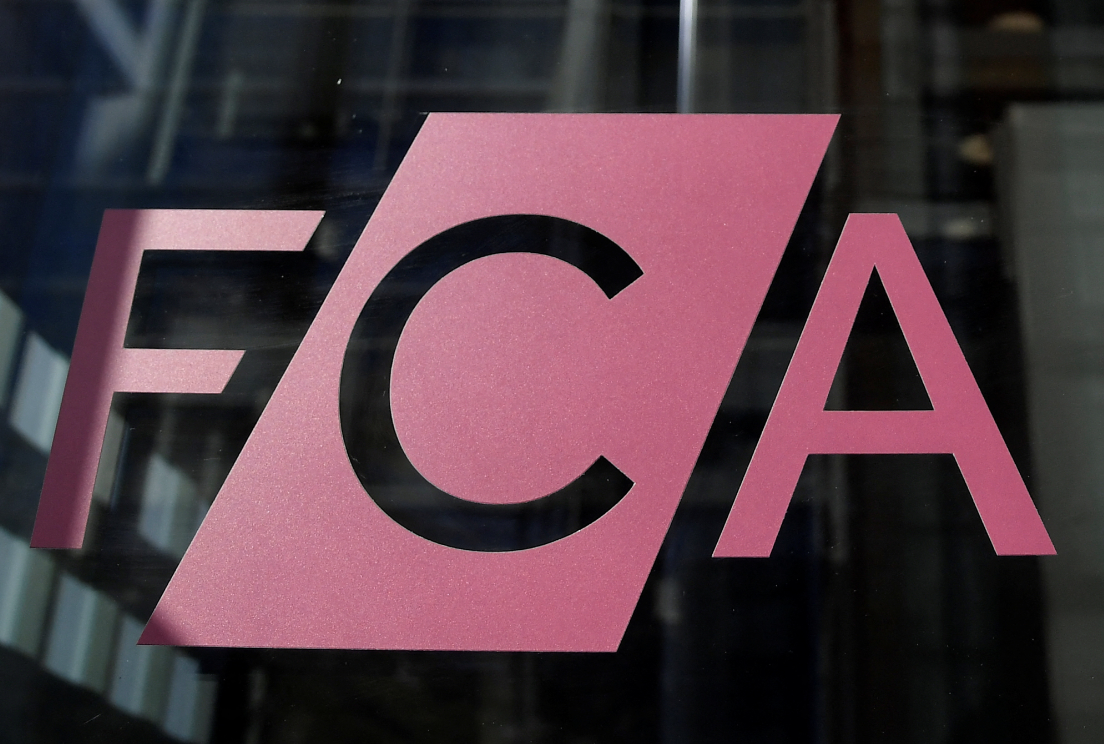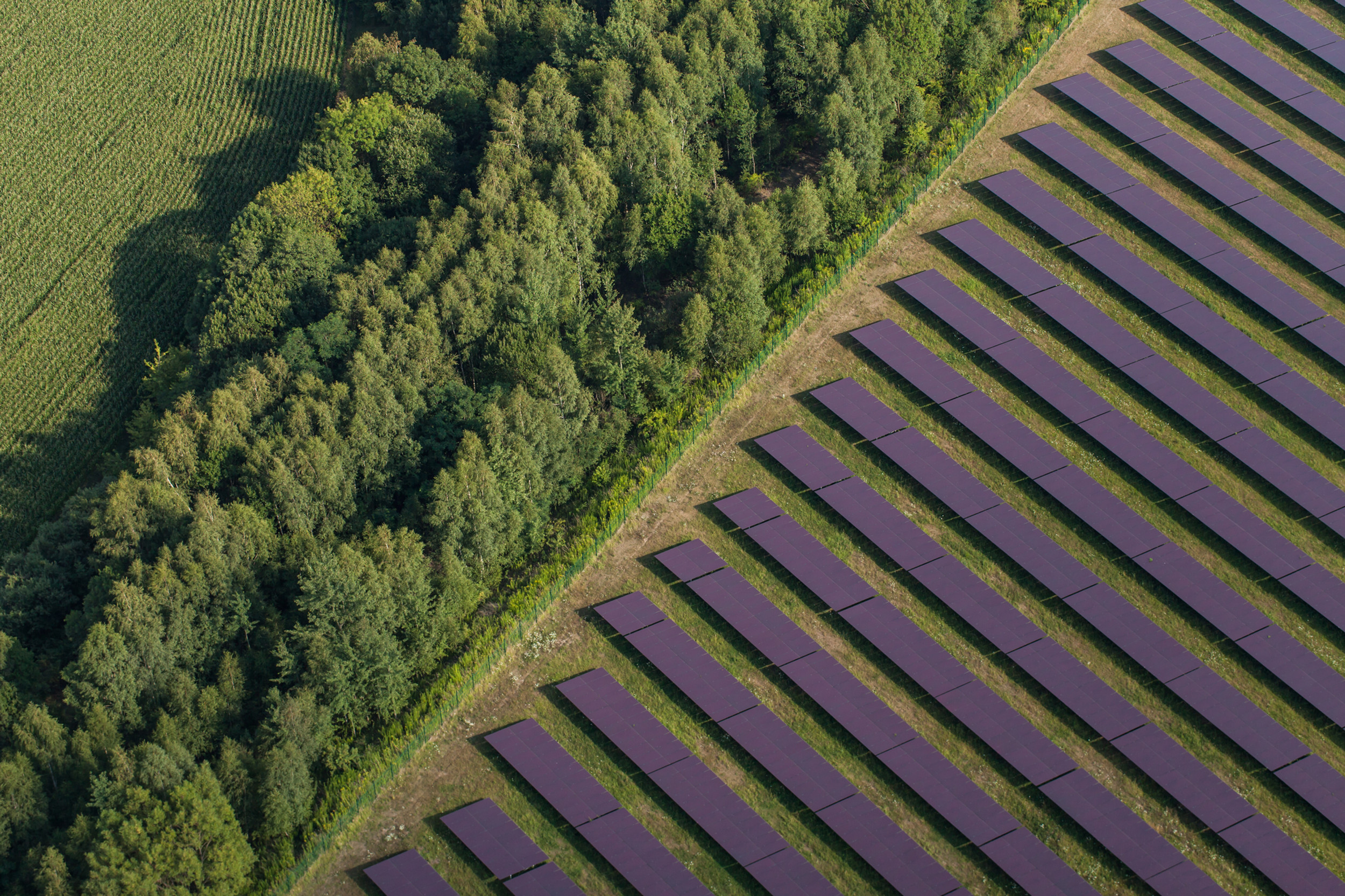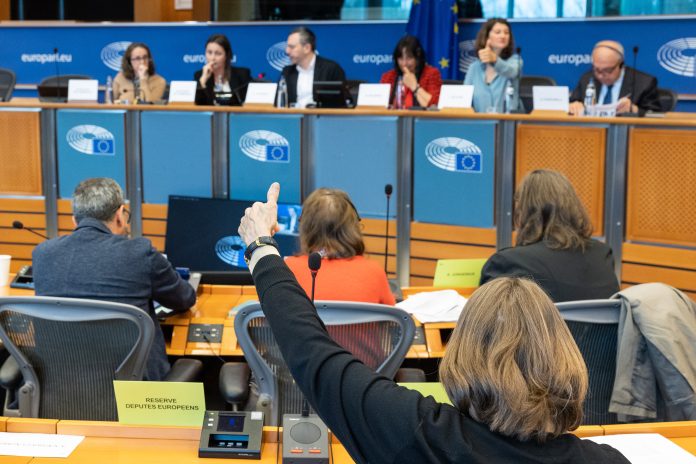South Africa Releases Terms of €600 Million Climate Loans from France, Germany

South Africa on Thursday released the terms of two climate loans for a combined 600 million euros ($596.7 million) from French and German development banks, saying they were substantially cheaper than market borrowing.
The 300 million euro loan from France’s AFD is for 20 years and has a five-year grace period. The interest rate is 3.6%, or six-month Euribor plus 129 basis points (bps), South Africa’s National Treasury said in a statement.
The 300 million euro loan from Germany’s KFW is also for 20 years, with a five-year grace period. Its interest rate is 3%, or six-month Euribor plus 69 bps, the Treasury said.
Both loans are to support the country’s transition away from coal and towards cleaner energy sources.
Last week, on the eve of the COP27 summit, President Cyril Ramaphosa unveiled a climate investment plan requiring some 1.5 trillion rand ($84.4 billion) over the next five years. Countries including France, Germany, Britain and the United States pledged $8.5 billion last year at COP26 to help speed South Africa’s shift from coal.
See related article: World Bank Approves $497 Million for South Africa Clean Energy Transition
The Treasury described the loans from AFD and KFW as “highly concessional” and said they were already reflected in the gross borrowing requirement in last month’s mid-term budget.
South Africa’s sovereign dollar-denominated bond maturing in 2044 currently has a yield of about 8.6% , according to Tradeweb data, suggesting it would be much more costly for the government to borrow via the international bond market.
“By lowering debt service costs, the government of South Africa creates more fiscal space for critical social and other priorities,” the Treasury said.
Under Ramaphosa, Africa’s most industrialised nation has been trying to nurse its public finances back to health after a decade of steep debt accumulation.
The mid-term budget showed an improved fiscal outlook, with deficits shrinking quicker than before and debt stabilising at a lower level.
Source: Reuters






